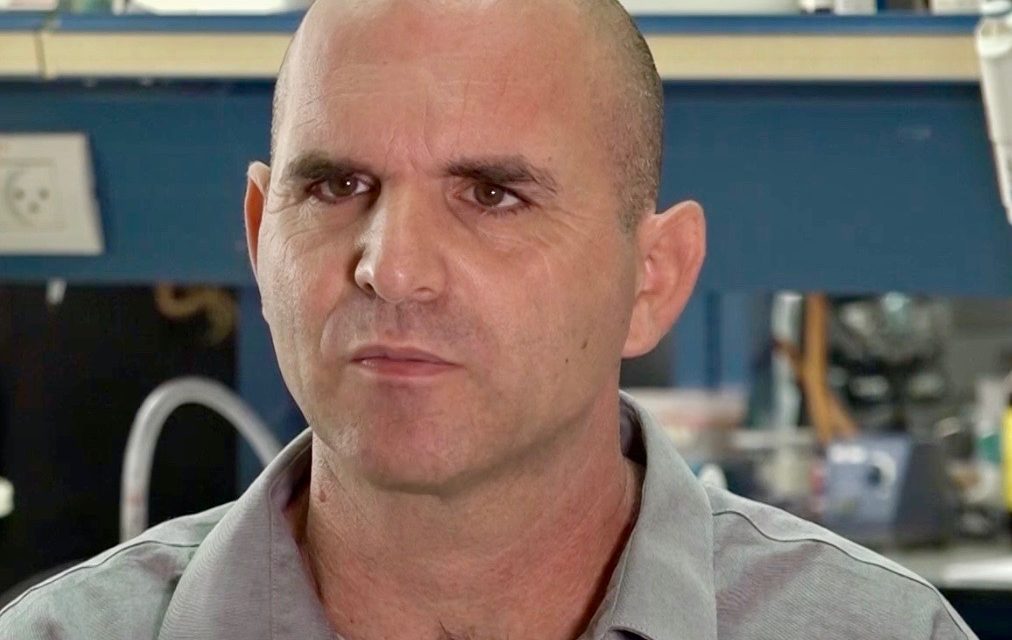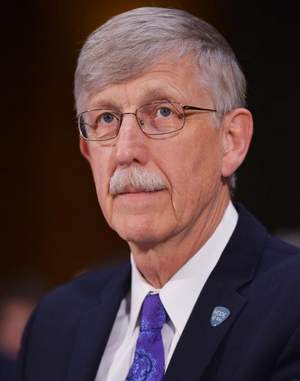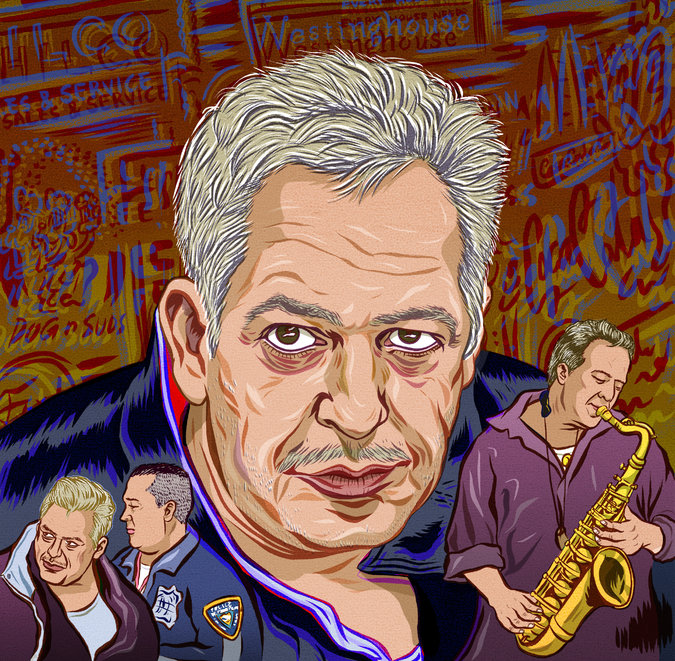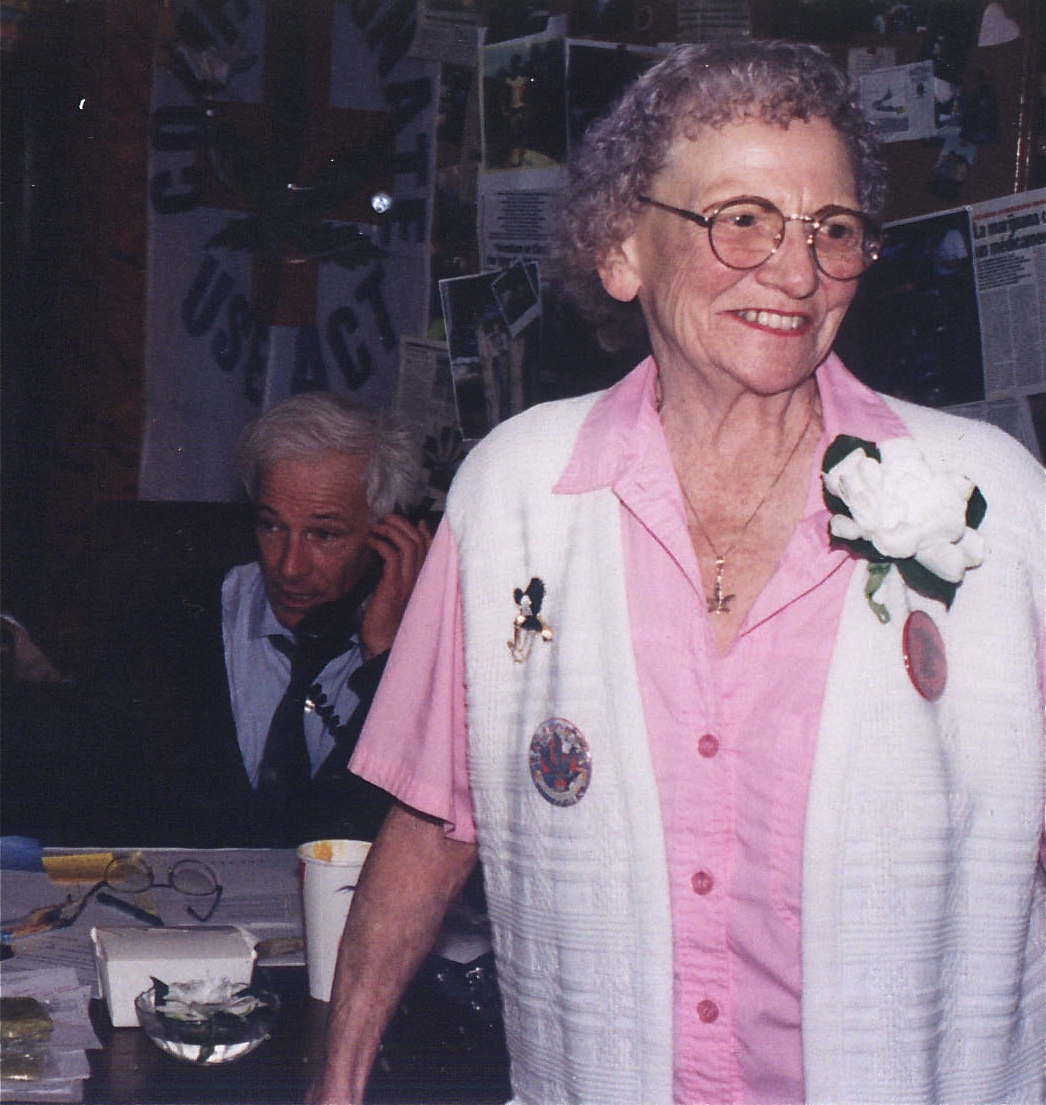Professor Dedi Meiri and colleagues at the Technion (Israel’s MIT) have published a paper, “The heterogeneity and complexity of Cannabis extracts as antitumor agents,” in Oncotarget. Thanks to Dr. Joe D. Goldstrich for sending it along.
Here’s the abstract:
The Cannabis plant contains over 100 phytocannabinoids and hundreds of other components. The biological effects and interplay of these Cannabis compounds are not fully understood and yet influence the plant’s therapeutic effects. Here we assessed the antitumor effects of whole Cannabis extracts, which contained significant amounts of differing phytocannabinoids, on different cancer lines from various tumor origins. We first utilized our novel electrospray ionization liquid chromatography mass spectrometry method to analyze the phytocannabinoid contents of 124 Cannabis extracts. We then monitored the effects of 12 chosen different Cannabis extracts on 12 cancer cell lines. Our results show that specific Cannabis extracts impaired the survival and proliferation of cancer cell lines as well as induced apoptosis. Our findings showed that pure (-)-Δ9-trans-tetrahydrocannabinol (Δ9-THC) did not produce the same effects on these cell lines as the whole Cannabis extracts. Furthermore, Cannabis extracts with similar amounts of Δ9-THC produced significantly different effects on the survival of specific cancer cells. In addition, we demonstrated that specific Cannabis extracts may selectively and differentially affect cancer cells and differing cancer cell lines from the same organ origin. We also found that cannabimimetic receptors were differentially expressed among various cancer cell lines and suggest that this receptor diversity may contribute to the heterogeneous effects produced by the differing Cannabis extracts on each cell line. Our overall findings indicate that the effect of a Cannabis extract on a specific cancer cell line relies on the extract’s composition as well as on certain characteristics of the targeted cells.
And this is from the conclusion:
Taken as a whole, we concluded that medicalCannabis does not consist of a single therapeutic agent but rather a heterogeneous array of treatments. We propose that the fate of specific cancer cells following Cannabis extract application is dependent upon the synergistic effects of its phytocannabinoid composition, concentration applied, along with the cell specific characteristics (e.g. cannabimimetic receptor expression). Further research should investigate specific properties and mechanisms of cancer cell insensitivity to Cannabis extract effects. Future studies could focus on matching Cannabis extracts with specific phytocannabinoid compositions and their effects on specific cancer sub-types in order to optimize treatment effects. We hope that this study will lay the groundwork for future preclinical studies and randomized controlled clinical trials in order to provide evidence for effective Cannabis treatments for many cancer subtypes.





